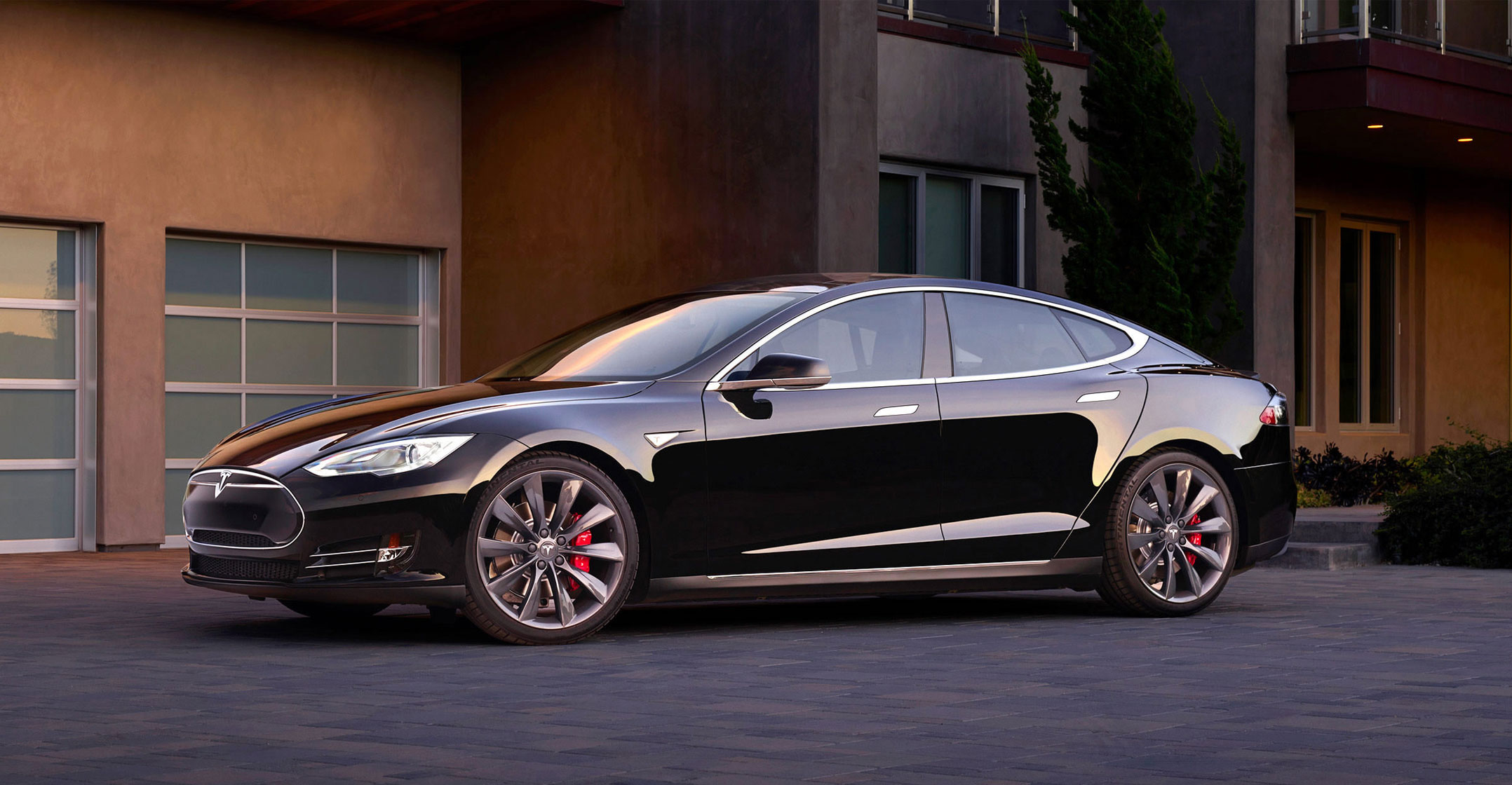
[dropcap]M[/dropcap]achine learning is going to alter our world fundamentally for the better, improving healthcare and the manufacturing industry, and assisting in the prediction of supply and demand levels across a range of industries.
For those who are into science-fiction, the term “machine learning” immediately conjures up images of computers taking over the world, either to send murderous terminators from the future to our present or to place us all inside the Matrix as living power batteries.
Fortunately, the truth about machine learning is not only far more prosaic, but also much more promising for the future of the human race. Basically, machine learning uses algorithms that iteratively learn from data, meaning that it enables computers to find hidden insights without being explicitly programmed where to look. The iterative aspect is especially important, as it means that as the computer is exposed to new data, it is able to adapt independently.
The process of machine learning is similar to that of data mining in that both systems search through data to look for patterns. However, where data mining extracts information for human comprehension, machine learning uses it to detect patterns in data and to adjust its program actions accordingly. Incredibly, it’s a science that is not new; it is one that was, in fact, predicted nearly 70 years ago by Alan Turing, widely considered the father of theoretical computer science and artificial intelligence. He suggested that by 2000, computers would be able to “think”.
Turing was clearly not far off as the world is already seeing machine learning being put into practice across a range of sectors, and all of these vertical markets are benefiting enormously from the application of this technology. Some of the benefits are outlined below, but these are merely scratching the surface of where we might eventually go with this ground-breaking technology.
Innovative applications
For starters, it is applicable to healthcare, as machine learning algorithms can process more information and spot more patterns than humans can, by several orders of magnitude. This means they are more likely to pick up individual health issues, and do so more rapidly and effectively than a human diagnosis could. Machine learning can also be used to understand risk factors for disease in large populations.
In customer-facing businesses, it is also enabling marketing personalisation. The more that a company understands about its customers, the better it can serve them, and machine learning algorithms are providing the kind of intimate picture of a customer that enables such personalisation to take place.

Perhaps the most obvious use of machine learning is its use in online search engines, where the engine uses this technology and watches how you respond to search results, learning from these and ensuring it delivers better results in the future.
Of all the uses for machine learning, one of the most exciting ones — particularly for those of us old enough to remember Knight Rider and his self-driving Trans Am — is in the various types of smart cars now being developed. A recent IBM survey of top car industry executives saw about 74% of these stating they expected there would be smart cars on the roads by 2025.
These vehicles will not only integrate into the Internet of things (IoT), but also learn about their owners and their environment. A smart car might adjust the internal settings automatically, based on the driver, report and even fix problems itself, will certainly be able to drive itself, and will offer real time advice about traffic and road conditions. In extreme cases the vehicle may even take evasive action to avoid a potential collision.
A good example of such smart cars is the Tesla models fitted with the company’s version 7.0 Autopilot system. Tesla’s Autopilot system makes use of machine-learning techniques that are continuously learning from human actions. Over the past year or so, this system has quietly been monitoring drivers as they drive various routes. The more often the car drives on a particular route, the more the machine learns how the human approaches, for example, a particular corner.
The idea, according to Tesla, is for the vehicles featuring Autopilot to be self-driving-capable from the moment legislation catches up to the technology. And because it requires only simple software updates to stay relevant, users who purchased a vehicle a year ago will still be capable of utilising this feature when it becomes legal.
Let the machine drive
Naturally, machine learning lies at the very core of this long-awaited self-driving car revolution, which is clearly one of its most advanced and complex applications. Self-driving vehicles, after all, need to not only be able to “understand” the rules of driving and how to actually drive, but must also be able to monitor the movements and signals of other cars and infrastructure, as well as being capable of learning to negotiate exceptions and make split-second decisions.
It should be obvious then that driverless cars will require an immense amount of data gathering and analysis; they will also need to connect to cloud-based traffic and navigation services, and will draw on leading technologies in sensors, displays, on-board and off-board computing, in-vehicle operating systems, wireless and in-vehicle data communication, analytics, speech recognition and content management. All of this leads to considerable benefits and opportunities: reduced accident rates, increased productivity, improved traffic flow, lowered emissions and much more.
The question is, how are cars expected to access all this data? After all, we are talking about information transmitted not only from other vehicles, but potentially from traffic lights, nearby buildings and rail crossings, not to mention GPS signals and even pedestrians’ phones, just to name a few.
It is here that IoT will become a crucial platform, as it will be IoT-enabled sensors that are used to transmit most of this data to and from the automated vehicle. This, in turn, means that the network that these objects and sensors connect to will have to be cost efficient, ubiquitous and reliable.
But is South Africa — a country renowned for high data costs and ongoing struggles with connectivity — going to be in a position any time soon to have the kind of network necessary to facilitate self-driving cars?
The good news is, yes. In fact, in all likelihood, SA will have effective IoT networks long before the first local cars start driving themselves. Dark Fibre Africa subsidiary SqwidNet is building one such network, with technology licensed from France’s Sigfox. Sigfox has a global network that spans 29 countries and is specifically designed to deliver IoT connectivity. It has access to a wide range of IoT-based solutions, many of which have already been deployed in cities around the world.
There is no doubt that we are on the cusp of another technological revolution, one which is going to make everyone’s lives easier and more connected. IoT and machine learning look set to fundamentally alter the way our world works — in a manner that is exactly the opposite of a killer robot from the future.
- Reshaad Sha is chief strategy officer and executive director at Dark Fibre Africa

